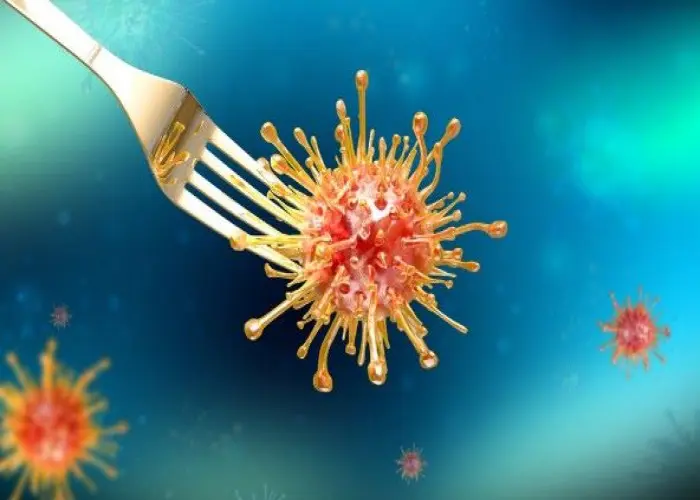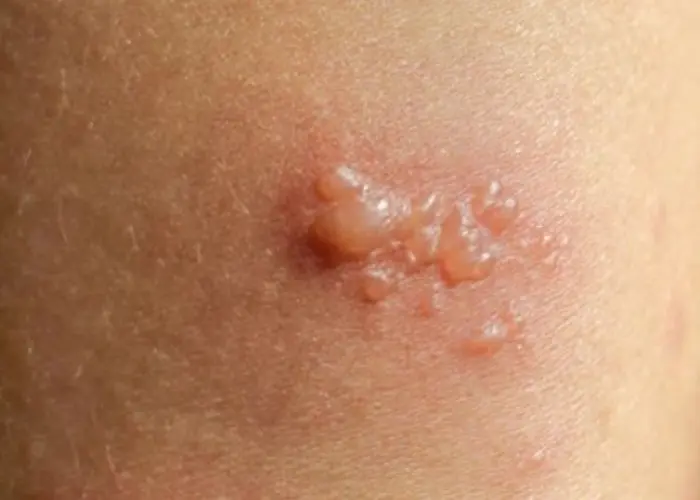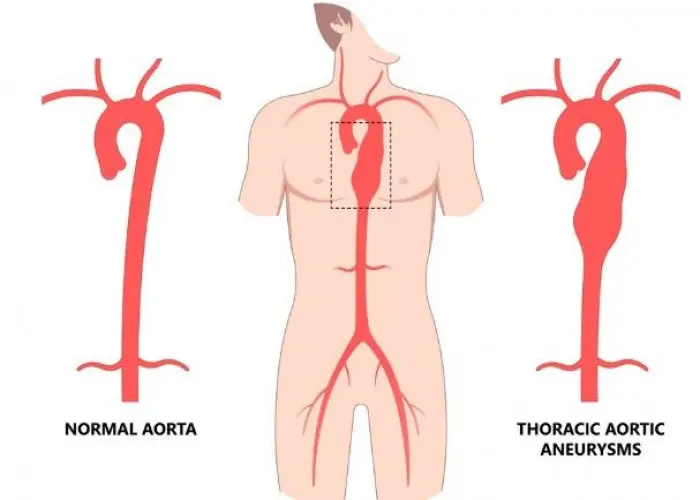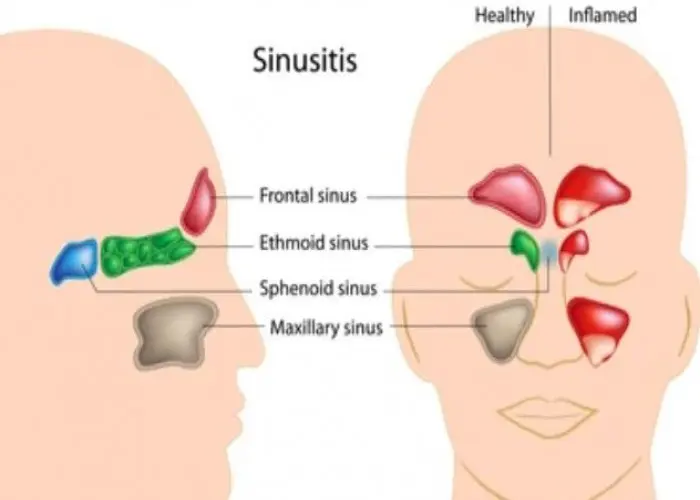 Welcome
Welcome
“May all be happy, may all be healed, may all be at peace and may no one ever suffer."
Cytomegalovirus (CMV) infection

Cytomegalovirus (CMV) infection is a common viral infection that affects people of all ages. It is caused by the cytomegalovirus, which can be spread through close contact with body fluids, such as blood, saliva, urine, semen, and breast milk. In many cases, people with CMV have no symptoms, but the virus can cause serious health problems in certain populations, such as people with weakened immune systems, newborns, and pregnant women.
Symptoms of CMV infection may include fever, fatigue, swollen glands, and sore throat. In some cases, CMV can cause more serious health problems, such as pneumonia, hepatitis, encephalitis, or vision loss. In pregnant women, CMV can also cause congenital CMV infection, which can result in developmental delays, hearing loss, and other complications in newborns.
Diagnosis of CMV infection involves a blood test to check for the presence of antibodies to the virus, and may also involve a viral culture or polymerase chain reaction (PCR) test to detect the virus itself.
Treatment for CMV infection may include antiviral medications to reduce the severity of symptoms and prevent complications. In some cases, people with weakened immune systems may need to receive antiviral medications for an extended period of time to prevent the virus from reactivating.
Prevention of CMV infection involves practicing good hygiene, avoiding close contact with people who are sick, and avoiding sharing utensils, drinks, or other personal items with others. Pregnant women can also reduce their risk of CMV by practicing good hygiene and avoiding close contact with young children who may be more likely to carry the virus.
Research Papers
Disease Signs and Symptoms
Disease Causes
Cytomegalovirus (CMV) infection
CMV is related to the viruses that cause chickenpox, herpes simplex and mononucleosis. CMV may cycle through periods when it lies dormant and then reactivates. If you're healthy, CMV mainly stays dormant.
When the virus is active in your body, you can pass the virus to other people. The virus is spread through body fluids — including blood, urine, saliva, breast milk, tears, semen and vaginal fluids. Casual contact doesn't transmit CMV.
Ways the virus can be transmitted include:
- Touching your eyes or the inside of your nose or mouth after coming into contact with the body fluids of an infected person.
- Sexual contact with an infected person.
- The breast milk of an infected mother.
- Organ, bone marrow or stem cell transplantation or blood transfusions.
- Birth. An infected mother can pass the virus to her baby before or during birth. The risk of transmitting the virus to your baby is higher if you become infected for the first time during pregnancy.
Disease Prevents
Cytomegalovirus (CMV) infection
Careful hygiene is the best prevention against CMV. You can take these precautions:
- Wash your hands often. Use soap and water for 15 to 20 seconds, especially if you have contact with young children or their diapers, saliva or other oral secretions. This is especially important if the children attend child care.
- Avoid contact with tears and saliva when you kiss a child. Instead of kissing a child on the lips, for instance, kiss on the forehead. This is especially important if you're pregnant.
- Avoid sharing food or drinking out of the same glass as others. Sharing glasses and kitchen utensils can spread CMV.
- Be careful with disposable items. When disposing of diapers, tissues and other items that have been contaminated with bodily fluids, wash your hands thoroughly before touching your face.
- Clean toys and countertops. Clean any surfaces that come in contact with children's urine or saliva.
- Practice safe sex. Wear a condom during sexual contact to prevent spreading CMV through semen and vaginal fluids.
If you have weakened immunity, you may benefit from taking antiviral medication to prevent CMV disease.
Experimental vaccines are being tested for women of childbearing age. These vaccines may be useful in preventing CMV infection in mothers and infants, and reducing the chance that babies born to women who are infected while pregnant will develop disabilities.
Disease Treatments
Treatment generally isn't necessary for healthy children and adults. Healthy adults who develop CMV mononucleosis generally recover without medication.
Newborns and people who have weakened immunity need treatment when they're experiencing symptoms of CMV infection. The type of treatment depends on the signs and symptoms and their severity.
Antiviral medications are the most common type of treatment. They can slow reproduction of the virus, but can't eliminate it. Researchers are studying new medications and vaccines to treat and prevent CMV.
Disease Diagnoses
Disease Allopathic Generics
Disease Ayurvedic Generics
Disease Homeopathic Generics
Disease yoga
Cytomegalovirus (CMV) infection and Learn More about Diseases

Food poisoning

Hearing loss

Bullous pemphigoid

Ehlers-Danlos syndrome

Conjoined twins

Schizoaffective disorder

Chronic sinusitis

Broken heart syndrome
Cytomegalovirus infection, CMV, সাইটোমেগালভাইরাস সংক্রমণ, সিএমভি সংক্রমণ
To be happy, beautiful, healthy, wealthy, hale and long-lived stay with DM3S.
